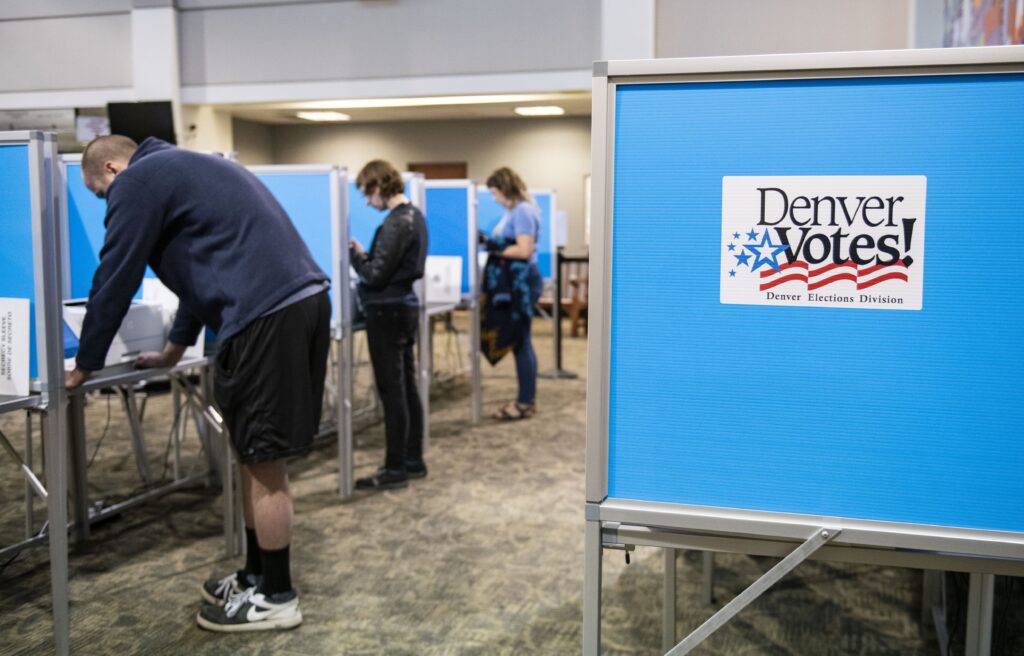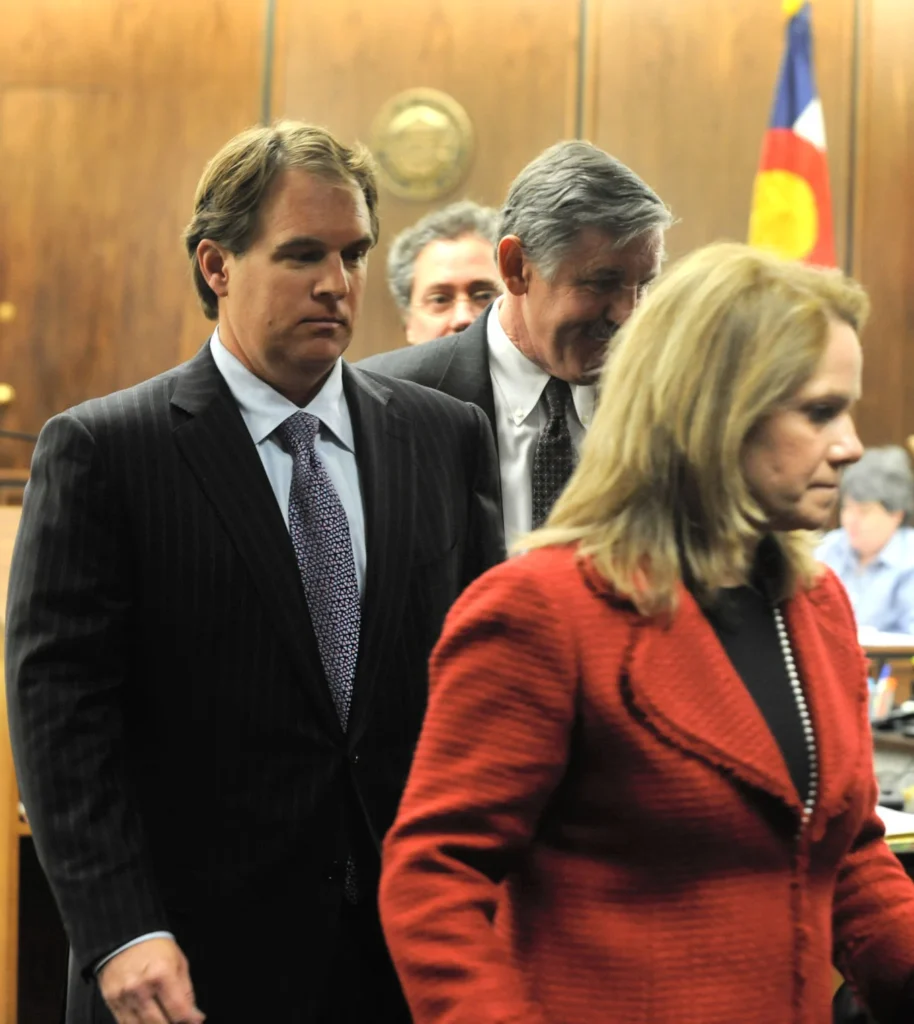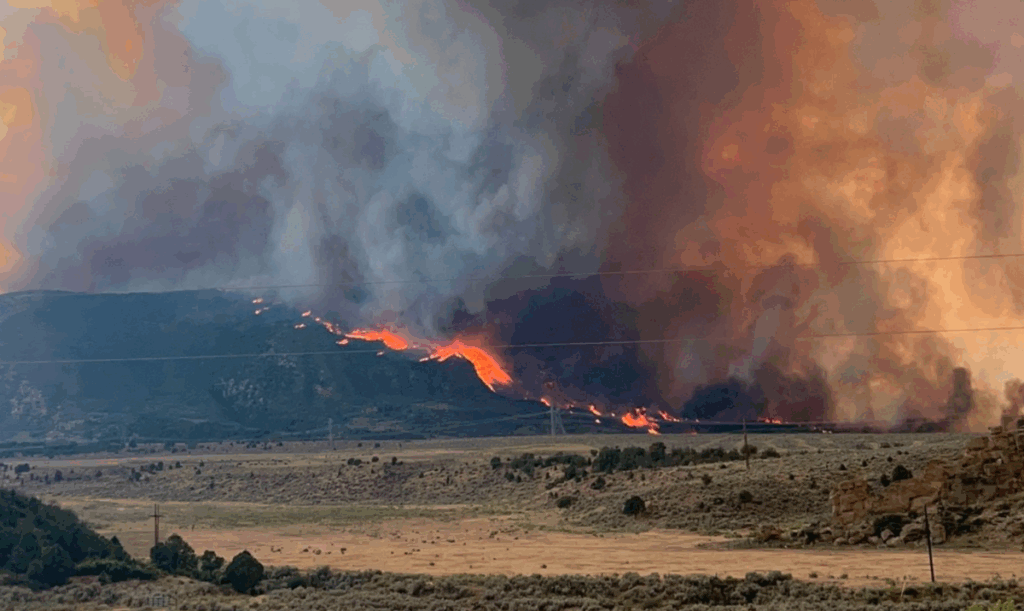Colorado Attorney General Cynthia Coffman urges changes in federal law to prosecute human trafficking
Colorado Attorney General Cynthia Coffman is joining an effort to amend federal laws to empower state and local authorities to prosecute child sex traffickers.
A letter sent last week by 49 state attorneys general to Congress urged federal lawmakers to change the Communications Decency Act, primarily to clarify the power of local authorities to prosecute online sex trafficking.
“Human traffickers are some of the worst of the worst criminals in our society,” Coffman said in a statement. “As Attorney General, it is my job to ensure that we have laws in place that can put these vile perpetrators in prison, where they belong.”
The National Human Trafficking Hotline says it received 120 reports of unique potential human trafficking in Colorado in 2016. Most of them came from the Denver and Colorado Springs areas, the Hotline reported.
The General Assembly organized a group called the Colorado Human Trafficking Council in 2014 to address human trafficking. Its 31 board members come from government agencies, law enforcement and nonprofit organizations. The group is preparing a plan for state lawmakers.
Although human trafficking is worse in some states, “It’s a significant problem that needs to be addressed in our state,” said Maria Trujillo, human trafficking program manager for the Colorado Human Trafficking Council.
One of the problems in stopping child sex trafficking is the difficulty in pinning the blame on any one kind of person, she said.
Child sex traffickers “come from all different walks of life,” Trujillo said. “There is not a typical profile.”
Most of the victims are sexually exploited. Others were forced into slavish labor. The exploited children often are victims of poverty, bullying at school or feelings of being unloved.
“Traffickers are keen on being able to detect that vulnerability and manipulate it,” Trujillo said.
Another obstacle to stopping child trafficking is the expansive reach of the Internet, where solicitations for sex can be posted anonymously.
The government’s primary tool for halting child sex trafficking over the Internet has been the Communications Decency Act. Congress passed the Act in 1996 to regulate pornography on the Internet.
Several lawsuits have challenged the law, saying it violates free speech provisions of the First Amendment. In the 1997 case of Reno v. American Civil Liberties Union, the U.S. Supreme Court struck down anti-indecency provisions of the act.
Other court decisions have created uncertainties about whether the federal law can be enforced only by federal law enforcement agencies or whether it also authorizes local and state prosecutions. The uncertainties prompted the letter last week from Coffman and other state attorneys general.
“Federal enforcement alone has proved insufficient to stem the growth in online promotion of child sex trafficking,” the letter says. “Those on the front lines of the battle against the sexual exploitation of children – state and local law enforcement – must have clear authority to investigate and prosecute facilitators of these and other horrible crimes.
“It is both ironic and tragic that the CDA, which was intended to protect children from indecent material on the Internet, is now used as a shield by those who profit from prostitution and crimes against children,” the attorneys general wrote.
Colorado’s overseers of human trafficking noted big steps forward in their 2016 “Colorado Human Trafficking Council Report.”
They included 42 prosecutions in the previous year, which “represents the largest number of human trafficking case filings in any given year since human trafficking statutes were enacted in the state,” the report said.
The report recommended additional training standards for law enforcement agencies and mental health providers. The standards are intended to help victims cope with the trauma of human trafficking and to identify the persons responsible for it.
Coffman described human trafficking as “profiting off the suffering of our vulnerable citizens…”











